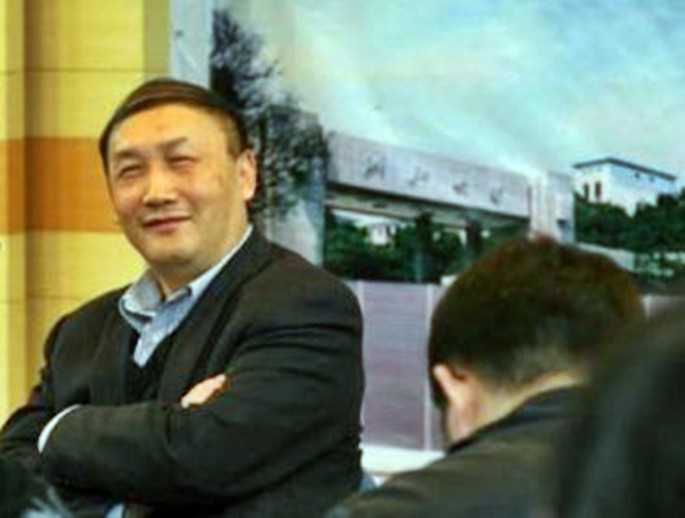The National Natural Science Foundation of China (NSFC) and the American Association for the Advancement of Science (AAAS) agreed at meeting in Washington D.C. to broaden their cooperation in science and research.
"These alliances not only lead to scientific revelations, they also transcend traditional political boundaries," said AAAS CEO Rush Holt, who is a former Princeton fusion scientist and a former New Jersey Representative.
NSFC President Dr. Wei Yang Ph.D. Sc.D. said they've identified four areas to expand partnerships: promoting women in science; helping to engage young researchers; strengthening links in science education and research and improving scientific communication.
"Basic science, or basic research, is an enterprise shared by all human people," said Dr. Yang.
"For many in this field, there is no competition. It is not like national defense, or the military ... Basic science is without borders."
Dr. Yang emphasized the depth of existing cooperation. He revealed that half of China's scientific collaborators internationally are American scientists.
The U.S. National Science Foundation reports that over 18% of all U.S. internationally co-authored publications are with Chinese partners.
Last June, Dr. Yang urged Beijing to invest more to improve the quality and integrity of basic research in China. The head of China's top science agency said boosting technological development justifies pouring more resources into basic research.
He called for a sustained focus on basic research "in China to bring about such a change by 2020."
He pointed out China spends relatively little of its total R&D budget (public, industrial and private) on basic research. This percentage comes to only 4.7% of GDP compared with 24.1% in France; 17.6% in the United States and 12.6% in Japan in 2013.
Dr. Yang also noted China has only one Nobel Laureate in Science despite China having 1,000 research institutions capable of basic research and more than 1,000 universities doing research and teaching.
Since becoming boss of NSFC in March 2013, Dr. Yang has also made it his priority to boost funding for the agency. He's apparently succeeded in this aim.
NSFC has expanded more than 300-fold and has funds for research amounting to $3.7 billion in 2016. It funded 62.1% of Chinese research papers (equivalent to 11.5% of global academic output) in 2015. With this accomplished, he's turned his attention to boosting basic research in China to world class standards.



























